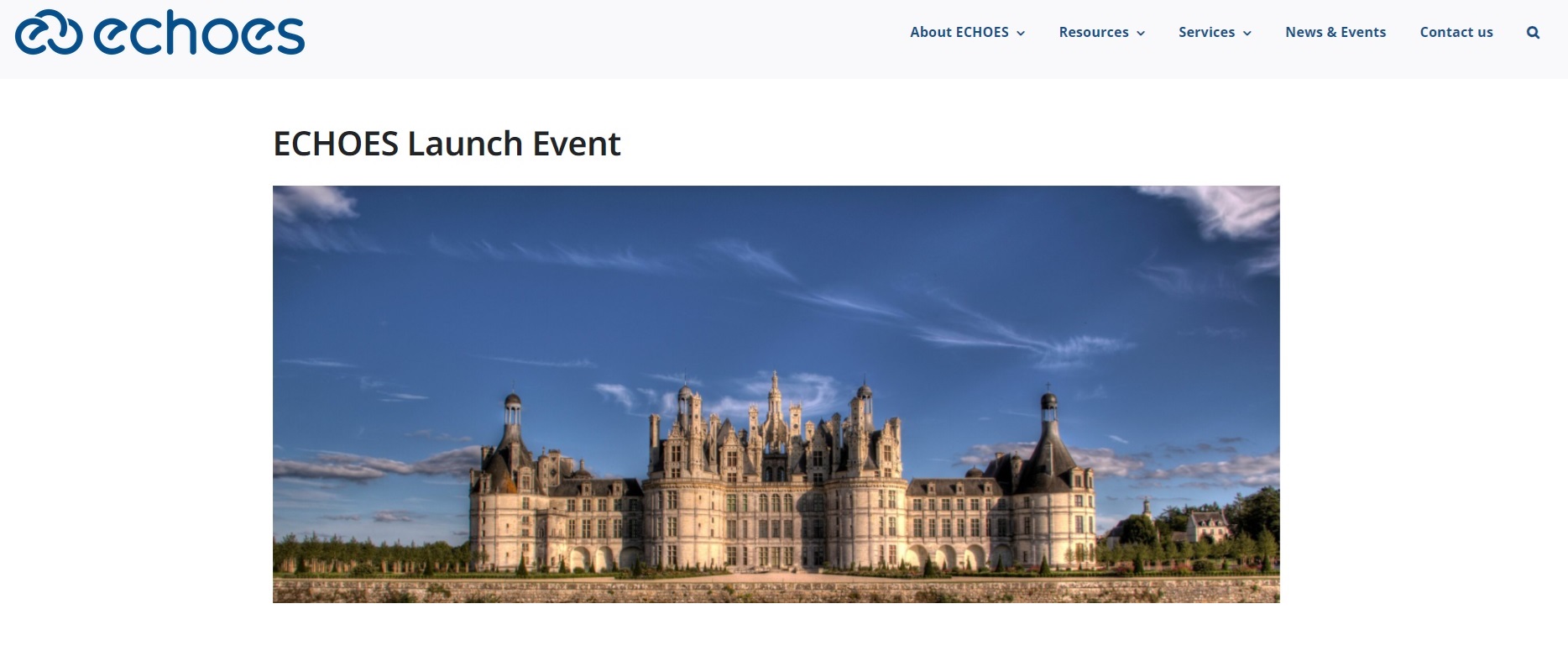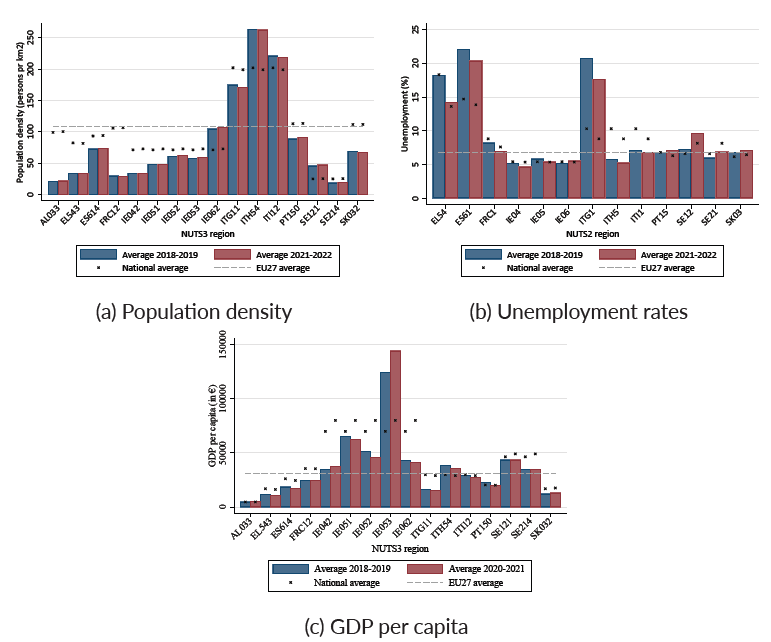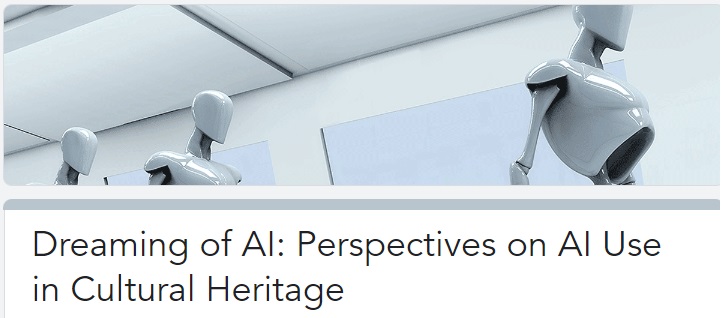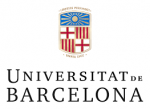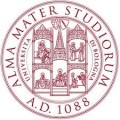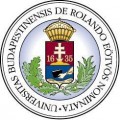 Learning on Screen is a UK charity and membership organisation specialised in the use of moving image and sound in education and research.
Learning on Screen is a UK charity and membership organisation specialised in the use of moving image and sound in education and research.
The organization is exploring the potential in its archive of over 2.4 million television and radio broadcasts as a dataset to train algorithms – the BoB archive – available for research purposes, particularly in the field of Artificial Intelligence. At this purpose, it is currently conducting a pilot project in collaboration with Nesta to investigate the challenges and opportunities related to using the BoB archive to apply machine learning to answer different research queries. The project – led by Raphael Leung and Cath Sleeman (Nesta) – analyses a sample of the BoB archive to explore how computer vision can be used to study diversity and representation on British TV, with a focus on gender inequality.
The three pieces of work in this research series are:
Part one: Gaps in the evidence base
Part two: A framework for measuring on-screen
Part three: An illustrative demo measuring prominence of TV character
The blog series reporting the first findings of the project is available here.
Learning on Screen website.
Creative Industries website.








